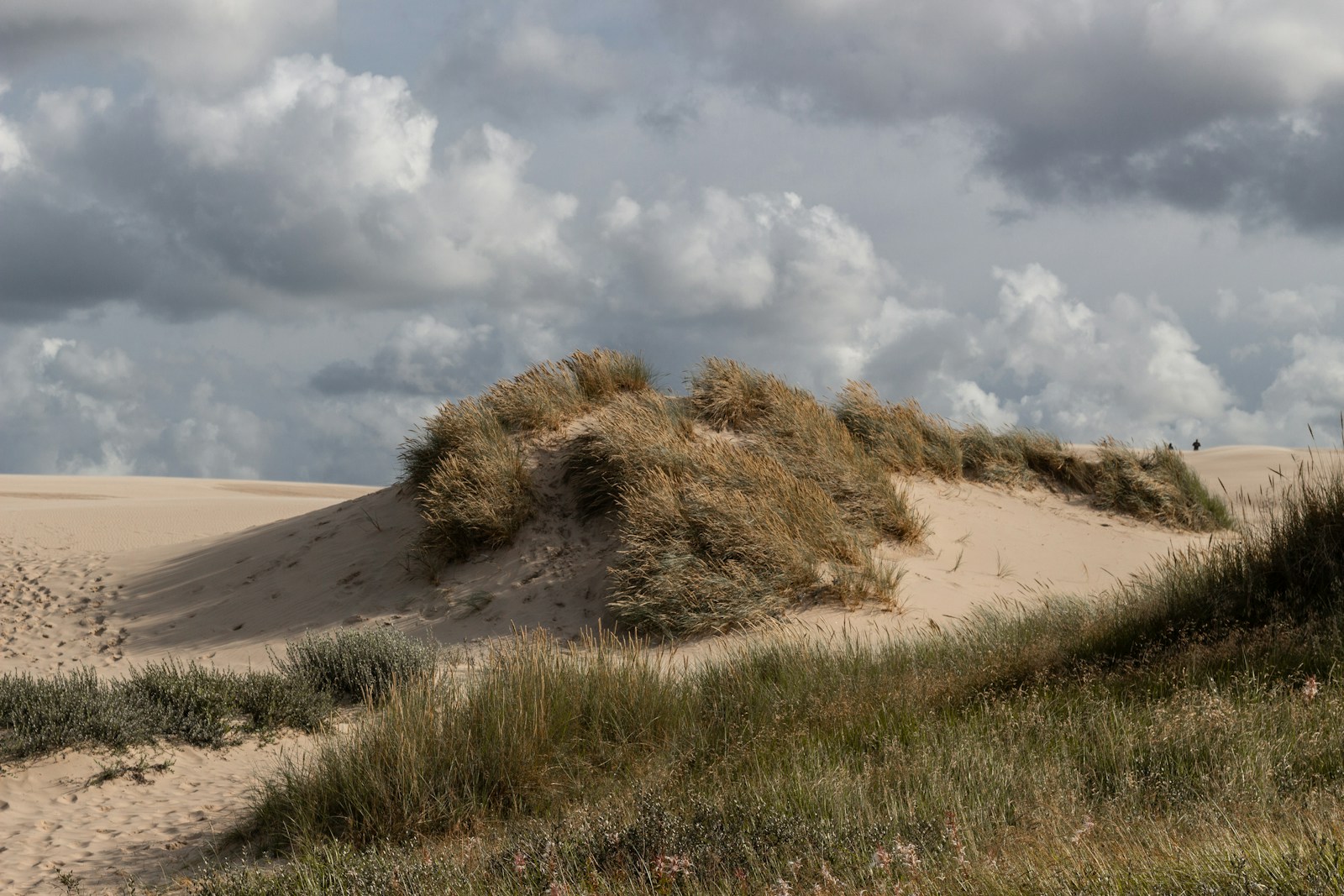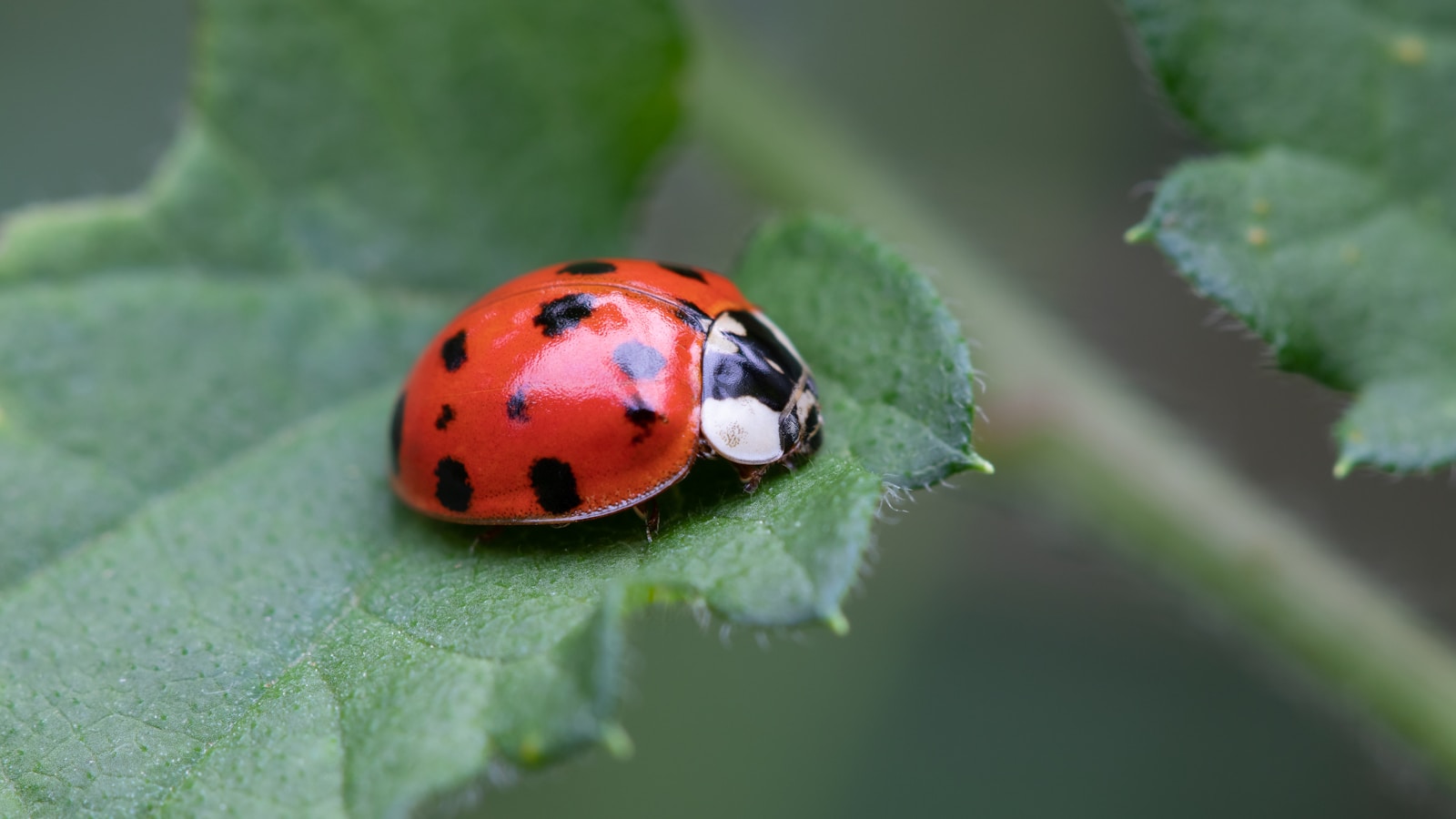A new report on British attitudes towards the environment reveals stark changes between the pandemic era and today, but what does this say about our trajectory?
According to Defra’s latest published research, the public feels differently about about nature than it did four years ago. Since 2021, the number of people who believe we need ‘big lifestyle changes’ to tackle climate change has fallen. However, more people are rallying around efforts to rebuild biodiversity and restore wildlife.
One-in-three respondents to the survey said they were actively creating wildlife-friendly habitats in their gardens or available outdoor spaces. A rise on previous polls, 57% of also said they were likely to develop green areas using UK-grown plants which can better support neighbouring plant and tree health. 8 in 10 emphasised the mental health and wellbeing benefits of spending time close to nature.
Notably, the results come at a major crossroads in the climate mitigation efforts, with the current US administration laying waste to many policies designed to fast-track decarbonisation, and most low-hanging net zero fruit already enacted – the sectors and areas that now need attention are likely to require significantly more efforts, and investment, to realise.
Nevertheless, with 2024 once again breaking annual records as the hottest year on record, January’s devastating Californian wildfires, widespread flooding in Europe and South America all betraying a worsening crisis, the idea that world leaders and the public are running out of steam with efforts to slow climate change is alarming.
A major obstacle that needs to be overcome is addressing an ongoing lack of understanding at the connectedness between the climate crisis, biodiversity loss, and pollution – which have traditionally treated as separate issues. According to Dr Michael Burgass, Director of sustainability consultancy Biodiversify, when seen in this way the move to focus on nature, rather than carbon, actually reflects a growing acknowledgement that habitat destruction is one of the most urgent issues that needs to be tackled in order to reverse – or at least reduce – environmental changes.
‘Enthusiasm may be cooling, but action isn’t. People are still showing up with refillable bottles, creating wildlife-friendly gardens, and choosing UK-grown plants, even in tough times,’ said Burgass. ‘The challenge now isn’t apathy, it’s access. To keep the momentum going, we need to make greener choices easier, fairer, and more tangible for everyone.’
Image: Filipe Resmini / Unsplash
More on Biodiversity, Climate Change, Nature and Sustainability:
Vitrified clay pipes can deliver robust, environmentally friendly water systems
How National Trust is using geospatial tech to exceed conservation targets
Better, brighter, greener: MMT is the future of digital screens


















